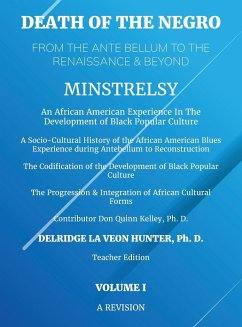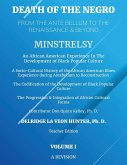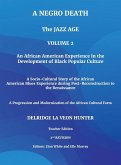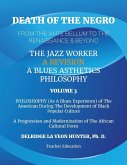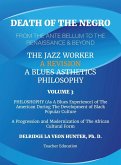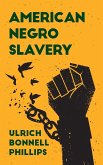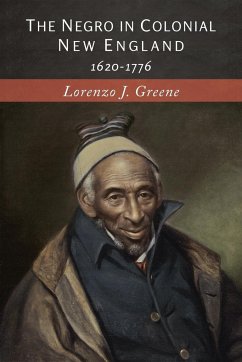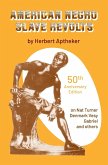DEATH OF THE NEGRO volume 1 "The ancestors of the Negro in America brought their songs with them into slavery"[Negro Music in New York - a chronological survey". Federal Writers Project, 1936-38.] During the period of the antebellum south, "Sorrow-songs" or "Escapist songs" were placed in a similar category to the unpardonable songs because they were freedom songs that applied the same minor traditional tones from Africa as the songs already hated by the master. Later, at the beginning of the 20th Century, Spirituals and Sorrow songs were confused as coming out of the same whishes by collectors and religious apologists. Please remember that many to the communities forcibly migrated from Africa were familiar with Hymns because of their immigration from Egypt thousands of years before. What we hear today is, all of the song were performed in what are referred to as "the blues". As stated by Gellert, this music was brought from Africa with the,. This music was adapted to the current circumstances and has continued until the present. The intellectual nature of these Escapists compositions was never promoted. Thus, because of how the actual songs were sung, the intent of the lyrics was not understood. Only Gellert understood the use of the word Escapist as a metaphor of "Sorrow Songs" urging the populous to take the Underground Railroad to escape to freedom. Freedom represented the name avoided. The idea in giving this lecture as a narration/dialogue play short story is to create a setting in which the scholar learners may visualize the conditions people lived. The point is to use a lyric poet to speak about the feeling the oppressed poor felt during the time these songs were composed and delivered. The accompanying lyric post is an African American blues singer. This lyric poet comes from particular reference points because his lyrics are universal to all poor people of the world.
Hinweis: Dieser Artikel kann nur an eine deutsche Lieferadresse ausgeliefert werden.
Hinweis: Dieser Artikel kann nur an eine deutsche Lieferadresse ausgeliefert werden.

